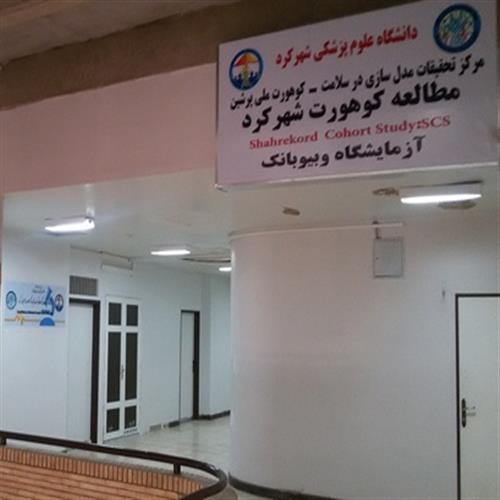Shahrekord Prospective Epidemiological Research Studies in Iran (PERSIAN) experience
An overview of Shahrekord PERSIAN cohort study of non-communicable diseases in Chaharmahal and Bakhtiari province in Iran. In this webinar, the following six important questions will be answered:
- Where is the place of cohort study in epidemiological studies and etiology of diseases and causality?
- Why are cohort studies conducted?
- What is the importance of non-communicable diseases and their study?
- What was the necessity and importance of the Shahrekord non-communicable diseases cohort study?
- What does the Shahrekord PERSIAN cohort experience tell us and how can we use it?
- What did the PERSIAN Shahrekord cohort achieve and what is its perspective?
regarding the completion of the enrollment phase of the Shahrekord prospective cohort study for non-communicable diseases in Chaharmahal and Bakhtiari province with a population of more than ten thousand people, as well as the re-assessment phase of the study and the ongoing annual follow-up phase, the data from this project, as well as the related biobank, are available to interested researchers without any restrictions and only by observing the principles of ethics in research and the research regulations of the university.
All respected faculty members, students, and researchers of Shahrekord University of Medical Sciences and other universities can participate. This study is a member of the Iran Cohort Consortium (ICC) and the information is available to researchers at https://irancohorts.ir/
Researchers can refer to the cohort study site at https://cohort.skums.ac.ir for more information and a dictionary of variables.
Date of seminar: June 5, 2024, Wednesday, 10 am to 12 am
Speaker: Dr. Ali Ahmadi, Epidemiologist and main PI
Webinar link: https://webinar1.skums.ac.ir/
Organizer: Deputy of Research and Technology of Shahrekord University of Medical Sciences, Iran
Viedo

